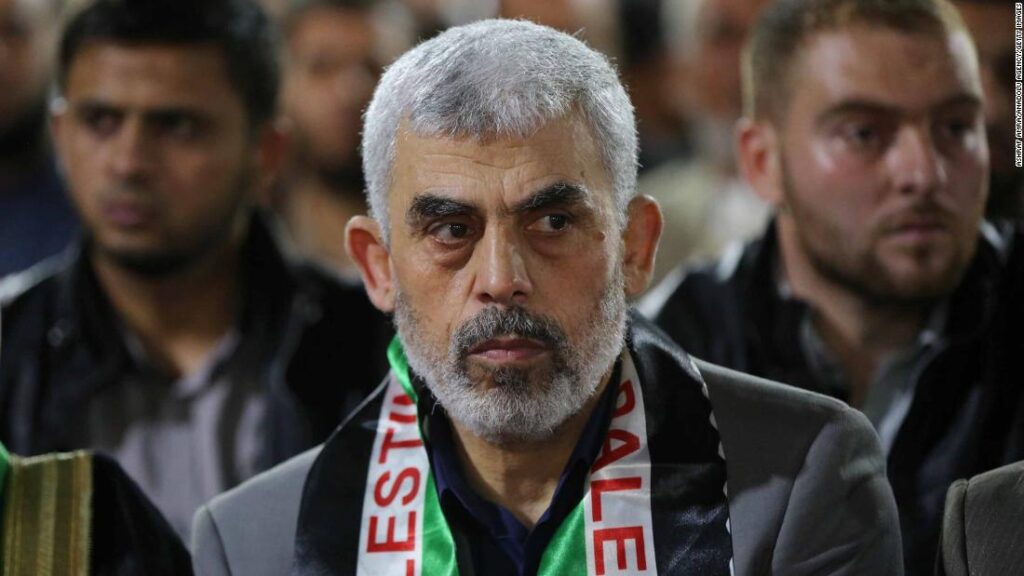In a significant military breakthrough, Israel has announced the killing of Yahya Sinwar, a key Hamas leader responsible for orchestrating the deadly October 7, 2023, attack on Israel, which triggered the ongoing war. Israeli forces eliminated Sinwar in a ground operation in Gaza, dealing a blow to Hamas leadership. While Western leaders expressed hope that this development could open doors to a ceasefire, Israeli Prime Minister Benjamin Netanyahu reaffirmed that the war in Gaza would continue until all hostages are freed. Despite the loss of their leader, many Palestinians in Gaza vow to continue their fight for self-determination.
The conflict between Israel and Hamas has taken a dramatic turn with the elimination of Yahya Sinwar, a top Hamas leader and mastermind behind the October 2023 assault on Israel. Israeli military officials confirmed the killing after completing body identification following an operation in the southern Gaza Strip. The assault that Sinwar planned left over 1,200 people dead in Israel and resulted in more than 250 hostages being taken by Hamas.
Israeli Prime Minister Benjamin Netanyahu stated that Sinwar’s death was a pivotal moment, but the war was far from over. He emphasized Israel’s commitment to continue its military operations in Gaza until all hostages held by Hamas were returned. “This is an important moment in the war,” Netanyahu said, “but we will not rest until all our loved ones are brought home.”
Sinwar had been leading Hamas’ activities in Gaza from a hidden network of tunnels constructed over the past two decades. His death marks a major achievement for Israel, according to officials like Israeli Foreign Minister Israel Katz, who described Sinwar as the chief architect of the October 7 massacre. However, Hamas sources in Gaza did not immediately confirm the killing, though signs suggest Sinwar had fallen in an Israeli operation.
US President Joe Biden and French President Emmanuel Macron viewed this development as an opportunity to bring the year-long conflict closer to resolution. Biden noted that Sinwar’s death could pave the way for peace talks, while the US State Department emphasized that Sinwar had been the major obstacle to any negotiations, including efforts to secure the release of hostages. However, officials in Washington cautioned that there is no guarantee that Sinwar’s replacement will agree to a ceasefire.
The elimination of Sinwar, while celebrated in Israel as a military and moral victory, raises new questions about the fate of the hostages still held by Hamas. Israeli families of those taken captive voiced both hope and fear — some hoping that a ceasefire might now be possible, while others feared for the safety of their loved ones.
In Gaza, despite the relentless airstrikes and military pressure, residents remained resolute. Many see Sinwar’s death as part of a broader resistance that will continue regardless of leadership changes. “The assassination of Sinwar will not lead to the end of the resistance or to a compromise or surrender,” said one displaced Palestinian in Gaza.
As the war rages on, the situation remains fluid, with Israel’s focus on both military operations and hostage recovery. In the wider Middle East, tensions are high, with concerns that Sinwar’s death could escalate regional hostilities, particularly given Israel’s recent ground operations in Lebanon and its plans to respond to missile attacks from Iran, Hamas’ ally.
While the killing of Yahya Sinwar marks a significant moment in the Gaza conflict, it is unlikely to bring immediate peace. Netanyahu’s government has made it clear that military operations will persist until all strategic objectives are achieved.



